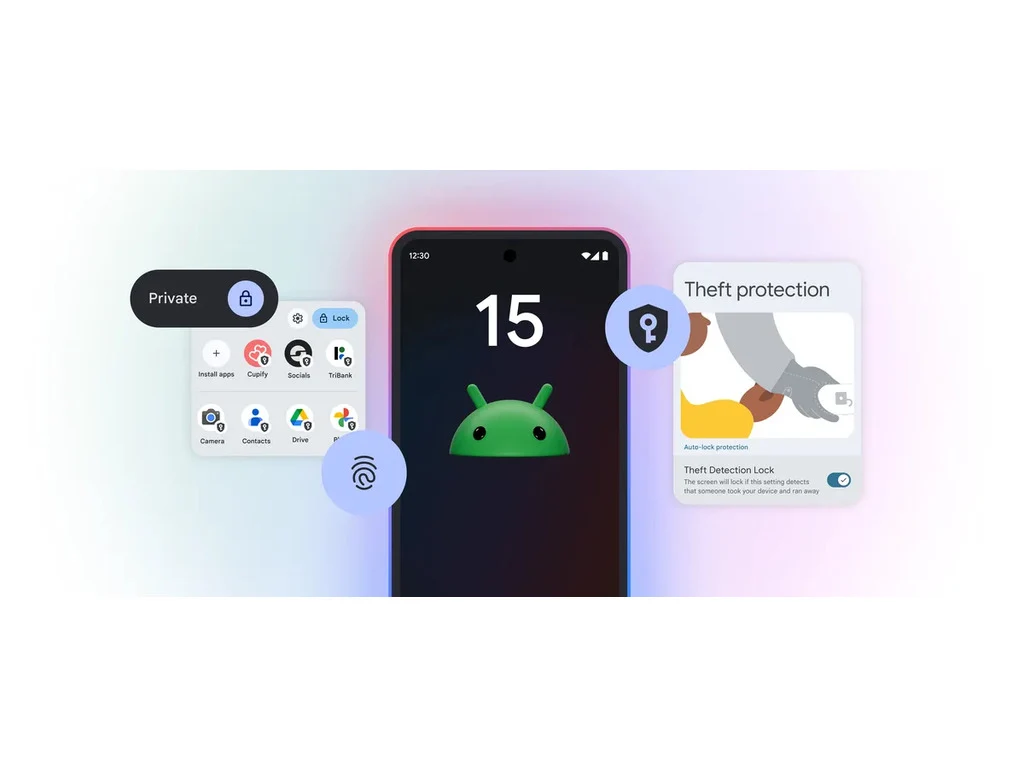Key Takeaways
1. Minimum storage requirement for Android 15 is now 32GB, with 75% reserved for user data and apps.
2. Devices with less than 2GB of RAM cannot run Android 15; those with 2GB or 3GB must use low RAM optimizations.
3. New chipsets must support Vulkan 1.3 or later and include ANGLE libraries instead of OpenGL ES drivers.
4. Devices using the AOSP version won’t be certified and will lack access to Google services like the Play Store.
5. Users must have the option to share contact info with Emergency Location Service, with OEMs required to provide clear notices.
Google has updated the minimum RAM and storage needs for Android devices with version 15. These updates are specifically for Android 15 smartphones that come with Google’s Mobile Services (GMS).
New Storage Standards
For the first time since 2022, the minimum storage requirement has increased to at least 32GB, with 75% of that space set aside for user data and applications. Reports from Android Authority mention that devices with less than 2GB of RAM will not be able to run the new operating system.
RAM and Chipset Requirements
Devices boasting 2GB or 3GB of RAM must implement Android’s low RAM optimizations to achieve certification. Meanwhile, devices with 4GB of RAM or more have the option to adopt these optimizations. Furthermore, Google mandates that new chipsets must be compatible with Vulkan 1.3 or later.
Graphics and Legacy Support
Devices operating on Android 15 are required to include the Almost Native Graphics Layer Engine (ANGLE) libraries instead of the older OpenGL ES drivers. This change allows newer devices that lack OpenGL support to still run older applications.
There is an alternative available: devices that utilize the Android Open Source Project (AOSP) version of the OS can still launch devices that do not meet these system requirements. However, these devices will not receive certification or access to essential Google applications like the Google Play Store.
User Privacy and Transparency
Alongside these new hardware standards, smartphones must give users the choice to share their contact information with Android’s Emergency Location Service (ELS). Google also requires that original equipment manufacturers (OEMs) provide clear notices regarding the information shared with this service.
Source:
Link


Leave a Reply